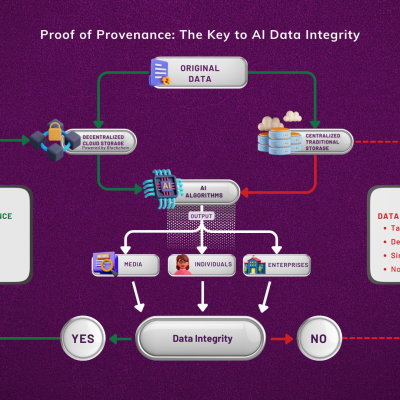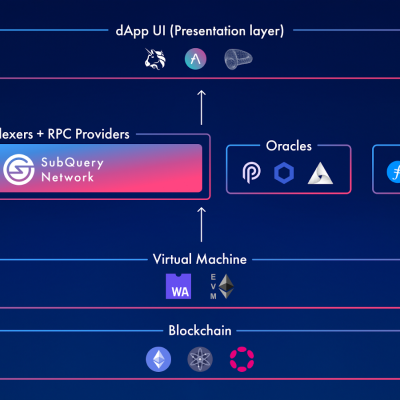
Cloud computing has revolutionized the way businesses and individuals leverage computing resources. Gone are the days of clunky, physical servers requiring extensive maintenance and hefty upfront costs. Enter the cloud, a virtual ecosystem offering scalable, on-demand access to computing power, storage, and software. But for those new to the digital frontier, navigating the cloud can feel overwhelming. Fear not, intrepid explorers! This comprehensive guide will equip you with the knowledge to navigate the cloud with confidence, demystifying cloud servers and cloud hosting.
Unveiling the Cloud: Servers vs. Hosting
Before diving into specifics, let’s differentiate between two crucial terms: cloud servers and cloud hosting.
- Cloud Server: Imagine a virtual computer residing in the vast datacenters of Google, Amazon, or Microsoft. This server, built from dedicated hardware resources, operates and scales independently, offering you exclusive control over its configuration and software. Think of it as your own little corner of the digital world, fully customizable and powerful.
- Cloud Hosting: Picture renting a pre-configured apartment within a larger cloud building. Cloud hosting provides shared server resources, managed by the hosting provider. While offering less control, it simplifies setup and maintenance, making it ideal for those seeking a user-friendly, plug-and-play solution.
Benefits Galore: Embracing the Cloud Advantage
Whether you’re a budding entrepreneur or a seasoned tech pro, the cloud offers a plethora of advantages:
- Scalability: Need more resources? No problem! The cloud allows you to seamlessly scale your computing power up or down based on your changing needs. Gone are the days of over-provisioning or struggling with limited capacity.
- Cost-Effectiveness: Say goodbye to hefty upfront investments in physical servers! Cloud hosting models typically utilize a pay-as-you-go system, saving you money on hardware and maintenance costs.
- Accessibility: The cloud is everywhere! Access your servers and data from any device with an internet connection, empowering remote work and global collaboration.
- Enhanced Security: Leading cloud providers invest heavily in robust security measures, mitigating risks associated with on-premise server management.
- Disaster Recovery: Breathe easy knowing your data is secure. Cloud providers offer redundant backups and disaster recovery solutions, ensuring business continuity in case of unforeseen events.
Cloud Server Symphony: Understanding Different Types
Choosing the right cloud server requires understanding your specific needs. Here’s a breakdown of common types:
- Virtual Private Server (VPS): Think of it as a partitioned apartment within a physical server. You share hardware resources with other users, but benefit from your own dedicated virtual space with isolated resources.
- Dedicated Server: Imagine renting an entire physical server for your exclusive use. Enjoy complete control over hardware and software configuration, ideal for high-performance needs and security-sensitive applications.
- Bare Metal Server: This option grants you direct access to the underlying hardware, similar to owning your own physical server within the cloud datacenter. Ideal for specialized applications requiring granular control over hardware configurations.
Cloud Hosting Harmony: Finding Your Perfect Fit
Cloud hosting caters to diverse needs. Here are some popular types:
- Shared Hosting: The most affordable option, where you share server resources with multiple websites. Great for small-scale projects or personal websites with low traffic.
- WordPress Hosting: Optimized for WordPress websites, offering tailored security and performance enhancements.
- E-commerce Hosting: Designed for online stores, with features like high availability and scalability to handle fluctuating traffic.
- Managed Hosting: Leave the technical nitty-gritty to the experts! Managed hosting takes care of server maintenance and security, allowing you to focus on your core business.
Navigating the Cloud: Making an Informed Decision
Choosing the right cloud server or hosting service requires careful consideration. Here are some key factors to ponder:
- Your Specific Needs: What applications will you run? How much traffic do you expect? Define your needs to determine the appropriate server type and resources.
- Budget: Compare pricing plans and fees, considering scalability and potential growth to avoid future bottlenecks.
- Security and Reliability: Prioritize providers with robust security measures and excellent uptime records.
- Customer Support: Ensure access to prompt and efficient technical support in case you need assistance.
- Features and Tools: Compare available features like backups, monitoring tools, and developer-friendly options.
Ready to Launch? Embarking on Your Cloud Journey
With newfound knowledge and a roadmap in hand, you’re ready to embark on your cloud journey! Remember, exploring different providers, reading reviews, and asking questions are key to finding the perfect fit. As you navigate the ever-evolving cloud landscape, stay informed about trends and advancements to ensure your server and hosting solutions continue to support your ever-growing digital needs.






